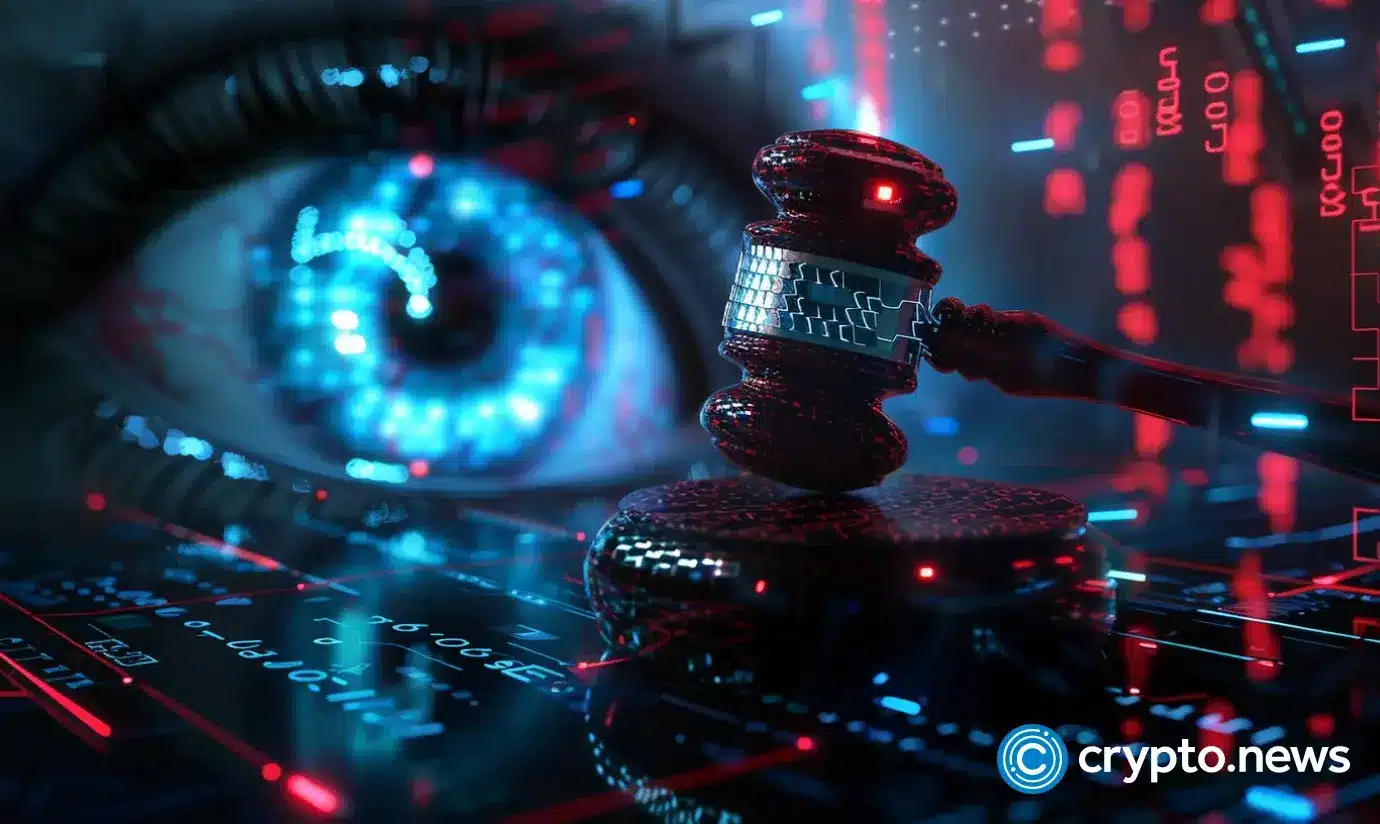Philippines to introduce crypto regulations in 2024, says SEC chair

The Philippine Securities and Exchange Commission (SEC) is looking to introduce a regulatory framework for cryptocurrencies in the second half of 2024.
According to a local report, SEC chair Emilio B. Aquino said the guidelines would aim to regulate cryptocurrency trading in the nation while upholding investor security.
Aquino made the revelation while discussing the commission’s recent crackdown on unlicensed cryptocurrency service providers in the nation. Most recently, the regulator placed a ban on Binance for offering unregistered securities.
As a part of the crackdown on Binance, the SEC has requested both Apple and Google to remove the exchange’s applications from their respective stores. Citing the move as the commission just “doing its job,” Aquino added:
“I hope it’s fast. We already experienced this with lending apps before. The response is quick. It’s up to them (Google and Apple).”
Aquino acknowledged that some traders try to bypass these restrictions using “virtual private networks (VPN),” allowing them to access Binance’s platform despite a ban.
“But nobody gets to blame us,” he added.
Traders leveraging VPNs to bypass regulatory restrictions are quite common within the crypto sector. Following the ban on multiple foreign cryptocurrency exchanges in India, users were reportedly going down this route to access their crypto accounts.
The SEC chair reiterated that all crypto trading platforms in the Phillippines are required to obtain the necessary licenses to offer their services. The mandate is part of the nation’s Republic Act No. 8799, also known as the Securities Regulation Code (SRC).
He clarified that the recent moves are not meant to be “singling out” any particular platform.
“They have to secure the required licenses because the intention is to be able to run after them to exact their obligations,” the SEC chair continued.
He further cited the collapse of FTX, which led to billions of dollars in losses, and several investors were “burned.” Aquino added that the incident was a lesson for the Phillippines, which cannot “run after people outside” their jurisdiction, unlike the U.S.
As such, the nation is looking to regulate the cryptocurrency sector.

















